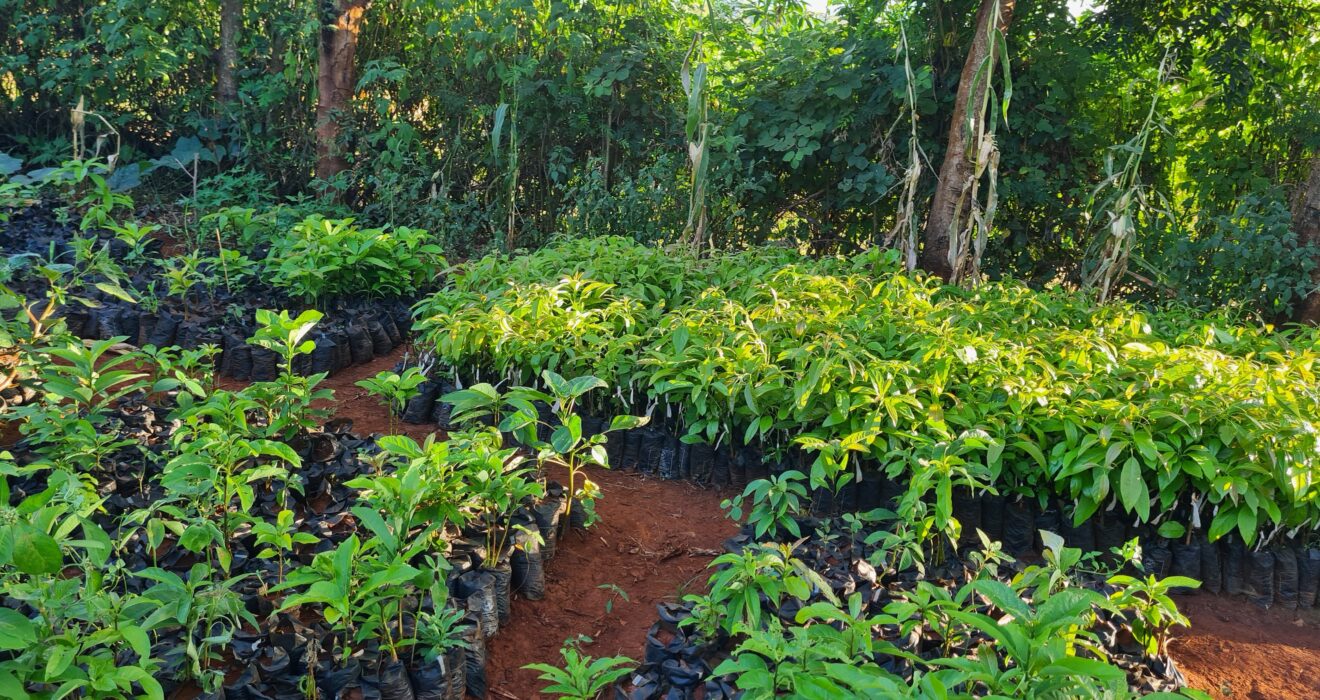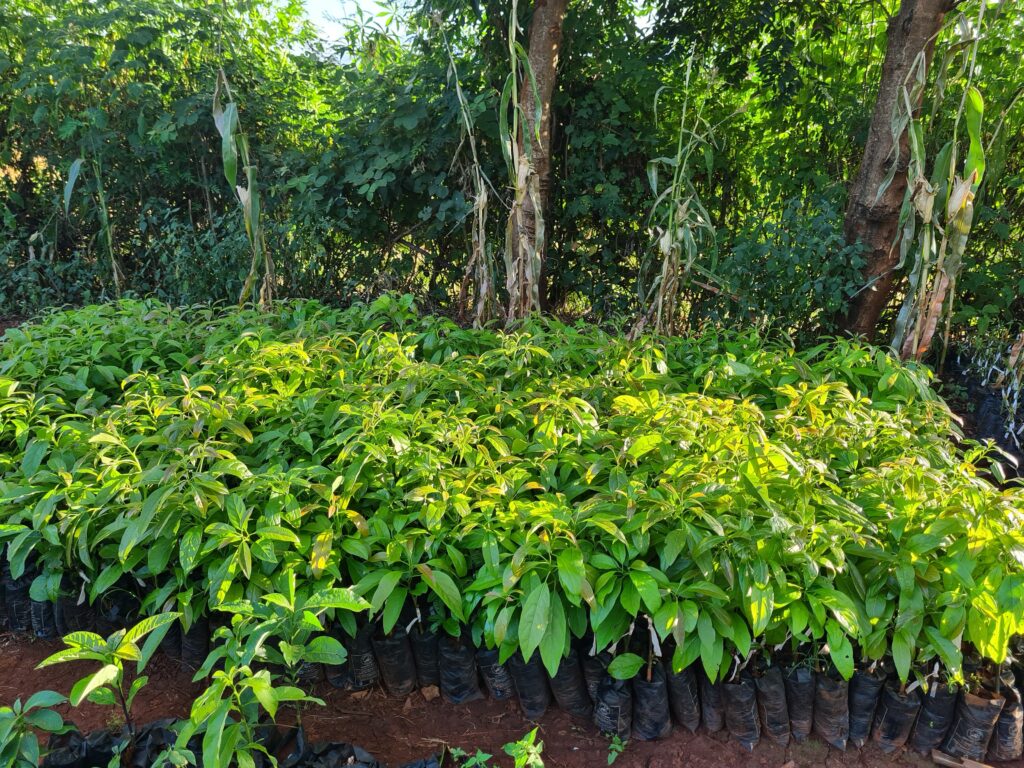
In the quiet, hilly landscape of Maguguni in the Kilimambogo area of Kiambu County, a green revolution has quietly taken root—one seedling at a time. Through a collaborative effort led by Naturehub Collective, 5,000 grafted Hass avocado seedlings were raised in a local nursery and have since been distributed to schools and communities across multiple counties in Kenya.
This ongoing project centers around a powerful idea: that planting fruit trees in schools can nurture more than just soil. It grows healthier futures for students, builds a lasting culture of environmental stewardship, and strengthens community resilience.
From Nursery to Nurture
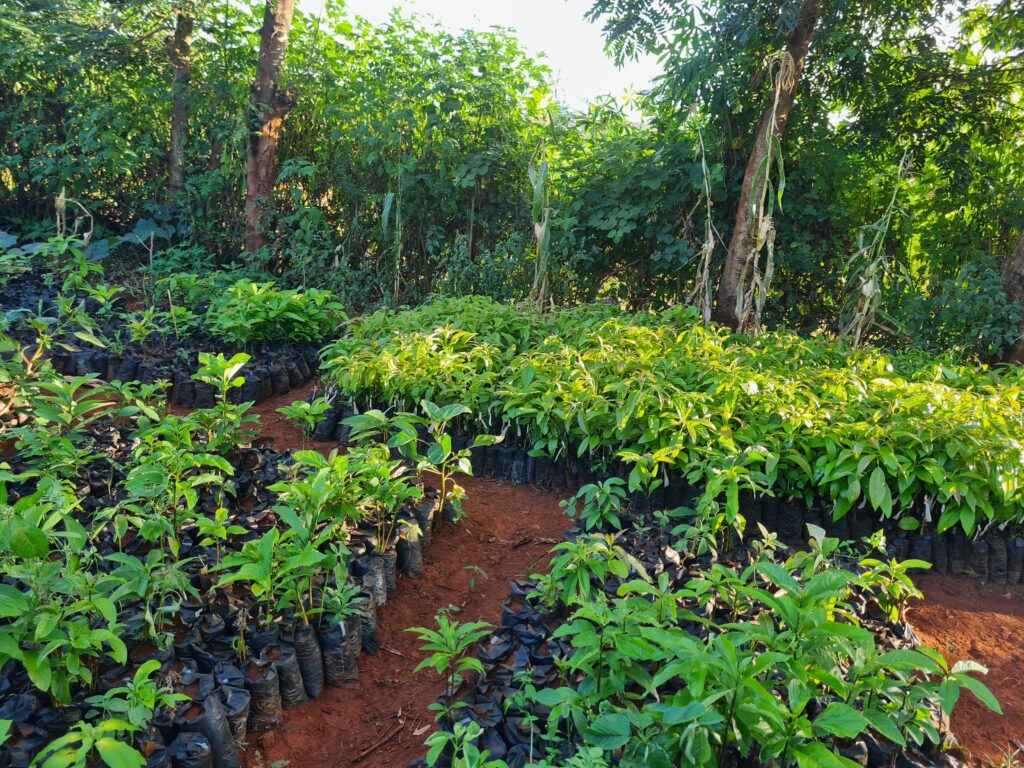
The nursery, located in Maguguni, was set up specifically to supply grafted Hass avocado trees to learning institutions and surrounding communities. The trees—known for their high yield and nutritional value—were carefully nurtured until ready for planting.
Already, trees have been planted in schools such as St. Andrew’s Mutus Primary and Junior Secondary School in Embu County, Gatumbi Adventist School in Kirinyaga County, Matakiri Tumaini Centre in Tharaka Nithi County, and Nkaimurunya Secondary School in Kajiado County, among many others. The project is also expanding into local community areas, supplying households with fruit trees to enhance food security and environmental health.
“We assigned each student a tree to take care of. It became more than just a planting activity—it became a personal responsibility,” said Fredrick Kioko Kilonzo, the project lead. “This way, they learned patience, care, and the importance of long-term commitment to the environment.”
Growing Food, Growing Minds
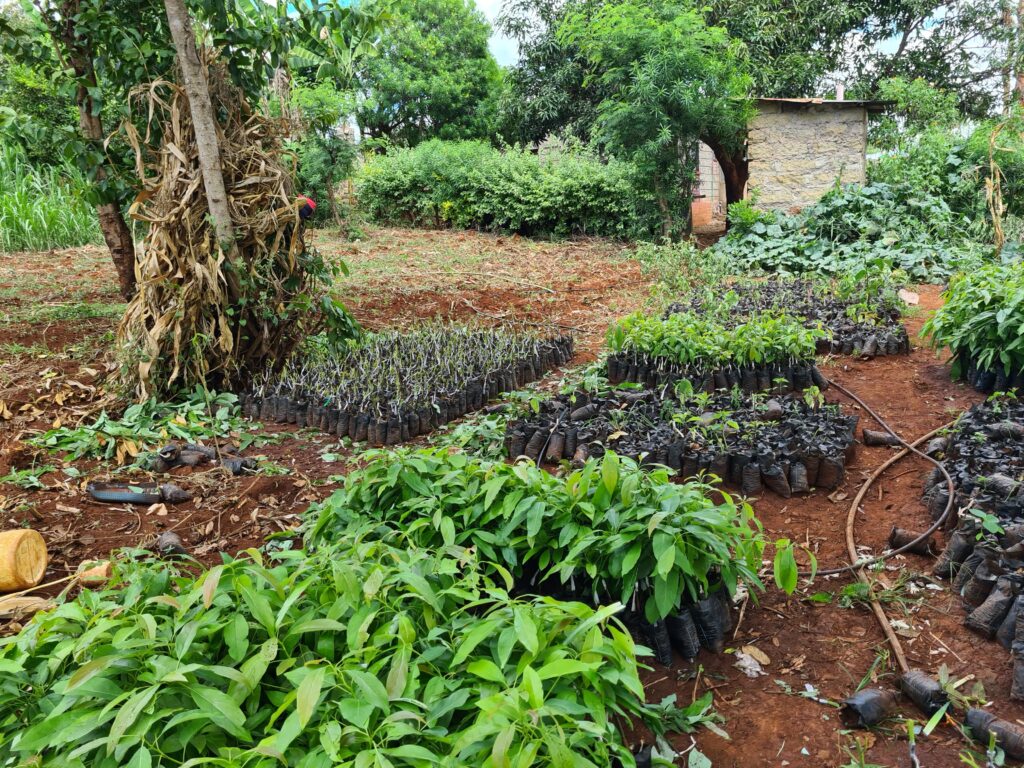
The project offered multiple benefits to participating schools, going far beyond the initial act of tree planting:
- Nutritional Benefits: As the trees mature, they will begin to yield avocados—an important source of healthy fats, fiber, and vitamins. These fruits will be incorporated into school feeding programs, supporting student nutrition and cognitive development.
- Environmental Education: Through regular tree care activities such as mulching, watering, and pruning, students gained hands-on knowledge of ecological principles, agriculture, and climate resilience. This experiential learning reinforced science lessons taught in the classroom.
- Climate Action and Greening School Spaces: Trees play a vital role in carbon sequestration, making them essential allies in the fight against climate change. The planted avocado trees also provide shade, improve soil quality, and contribute to cleaner air within school compounds.
- Student Empowerment and Stewardship: The simple act of being responsible for a tree encouraged students to become environmental guardians. It instilled a sense of ownership, pride, and care for the natural world—values they will carry into adulthood.
Community Involvement and Long-Term Impact
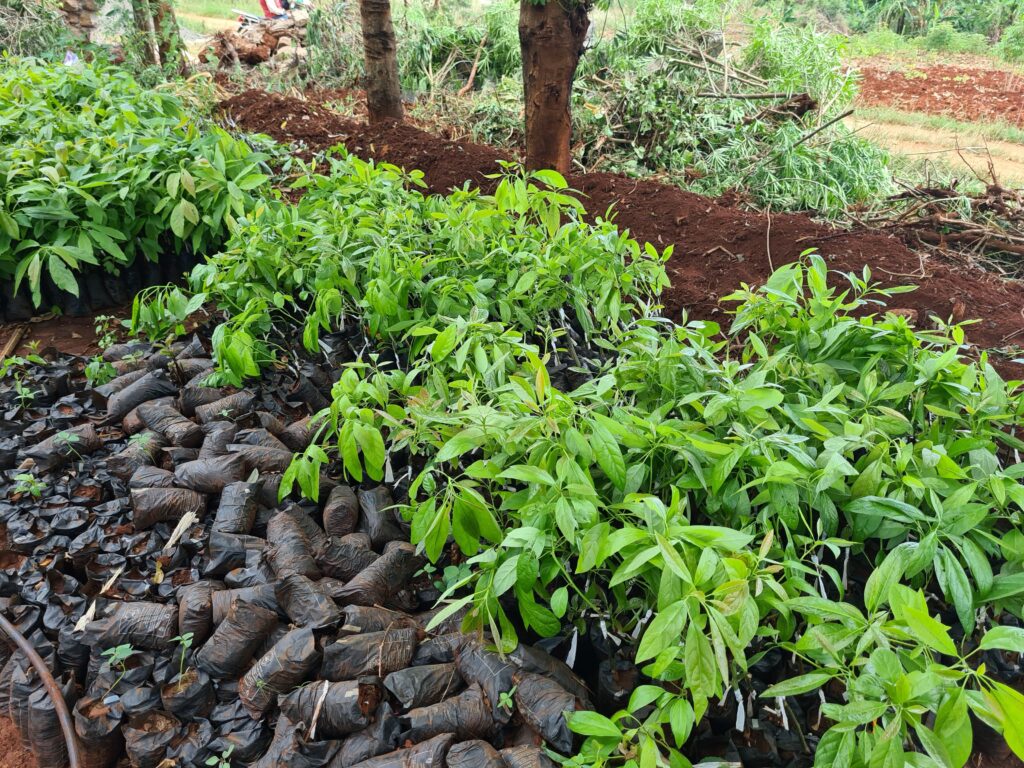
.The success of the project continues to grow through strong community participation. Parents, teachers, and local leaders are actively involved, and planting activities are often held as community events to build a sense of shared purpose.
The Naturehub Collective team is still distributing seedlings to interested schools and communities. Training and follow-up support are part of the package to ensure the trees are well cared for and produce long-term benefits.
Looking Ahead
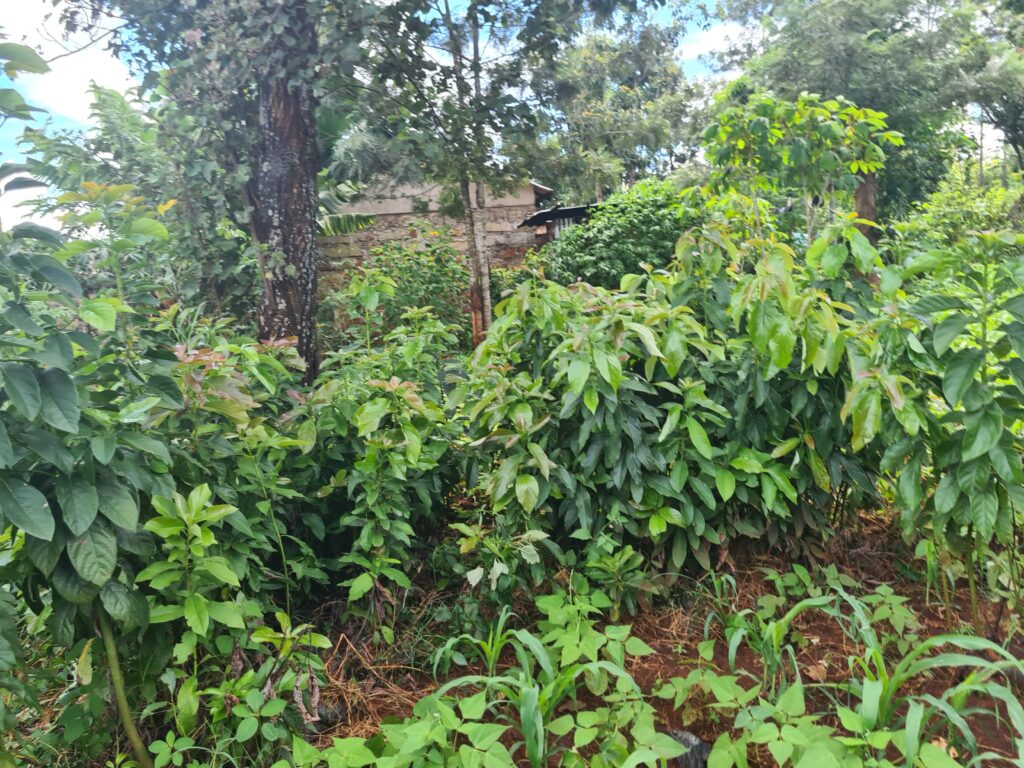
This is more than a tree-planting exercise—it’s a movement. As seedlings grow into fruit-bearing trees, they are also growing a new generation of environmental guardians. With schools across counties now participating and more requesting trees, the vision of a greener, healthier Kenya is well underway.
The avocado trees planted in classrooms and compounds across the country are living proof that small actions, rooted in care, can have a lasting national impact



